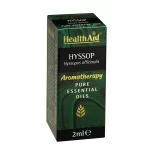


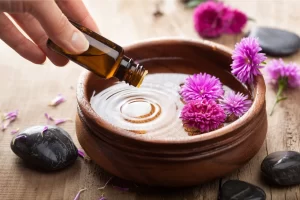
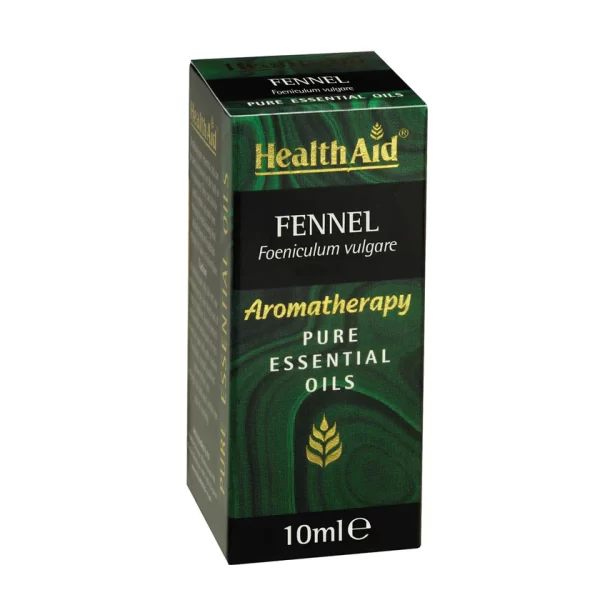
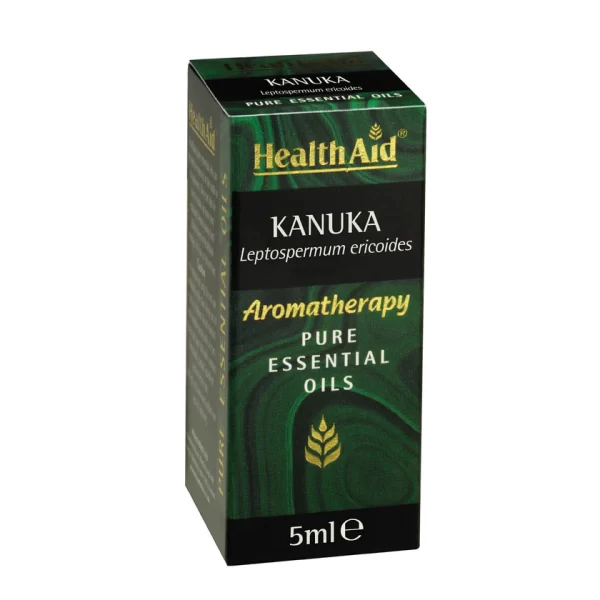
Hyssop Oil 2ml HealthAid
£8.99 Original price was: £8.99.£7.64Current price is: £7.64.
Hyssop oil
HealthAid Hyssop oil is derived from the hyssop plant, scientifically known as Hyssopus officinalis. This aromatic herb is native to Southern Europe and the Mediterranean region. Here are some key points about hyssop oil:
1. **Aroma:**
– Hyssop oil has a sweet and herbaceous fragrance with camphoraceous undertones. The scent is often described as refreshing and slightly medicinal.
2. **Chemical Composition:**
– The main constituents of hyssop oil include pinocamphone, isopinocamphone, myrcene, limonene, and others. These compounds contribute to the oil’s aromatic profile and potential therapeutic properties.
3. **Traditional Uses:**
– Hyssop has a history of use in traditional medicine and culinary practices. The oil extracted from the plant is used for various purposes.
4. **Aromatherapy:**
– Hyssop oil is utilized in aromatherapy to promote feelings of relaxation and ease stress. Its invigorating aroma is believed to have a positive impact on mood.
5. **Respiratory Support:**
– Due to its expectorant properties, hyssop oil is sometimes used to support respiratory health. It may be beneficial for individuals dealing with congestion or respiratory discomfort.
6. **Topical Application:**
– When diluted in a carrier oil, hyssop oil can be applied topically. It is sometimes used in massage oils or skincare formulations for its potential benefits for the skin.
7. **Culinary Use:**
– In some culinary traditions, hyssop leaves are used to flavor certain dishes and beverages. However, the oil is highly concentrated and should be used sparingly in cooking, if at all.
8. **Antimicrobial Properties:**
– Hyssop oil has demonstrated antimicrobial properties in some studies, suggesting it may have potential applications for maintaining skin health and preventing infections.
9. **Caution:**
– Hyssop oil contains pinocamphone, which can be neurotoxic in high concentrations. It’s crucial to use this oil with caution and in moderation.
– Pregnant individuals, nursing mothers, and those with epilepsy or other neurological conditions should avoid using hyssop oil without consulting a healthcare professional.
10. **Quality and Purity:**
– Choose a high-quality, pure hyssop oil from reputable sources to ensure its authenticity and safety. Look for oils that have been tested for purity and potency.
As with any essential oil, it’s important to follow recommended guidelines for dilution and usage. If you have specific health concerns or conditions, consult with a healthcare professional before incorporating hyssop oil into your routine.
Always perform a patch test before widespread use to check for potential skin sensitivity or allergic reactions.

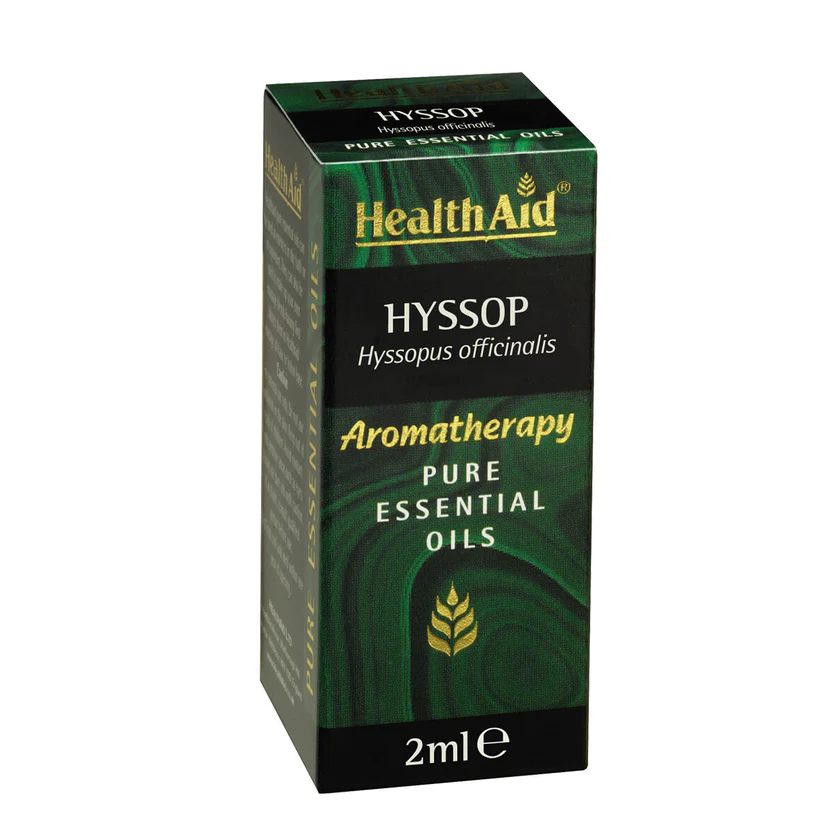
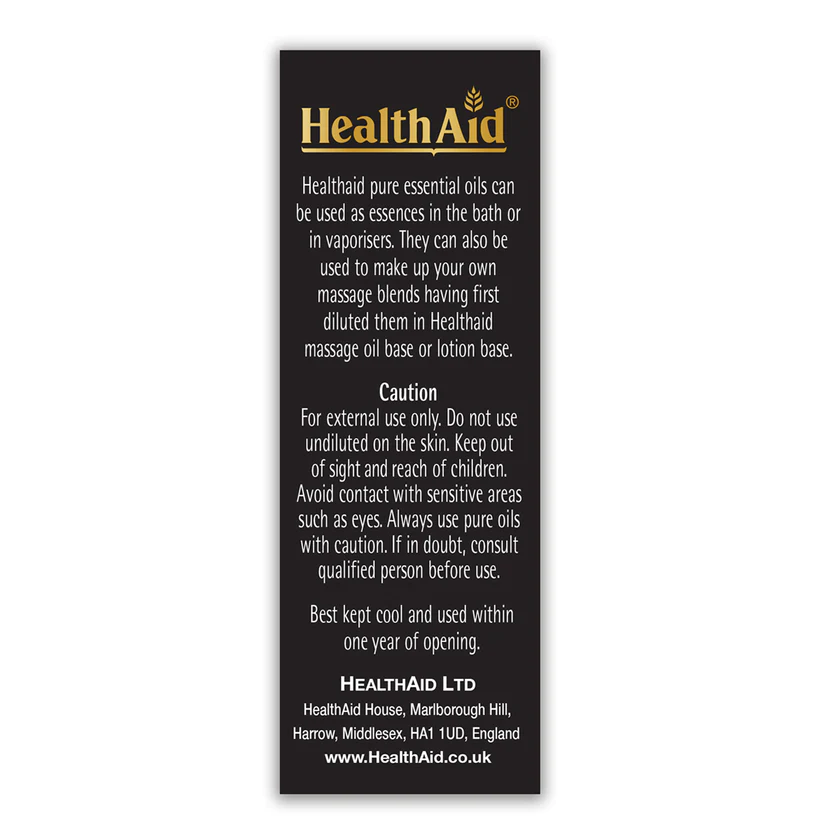
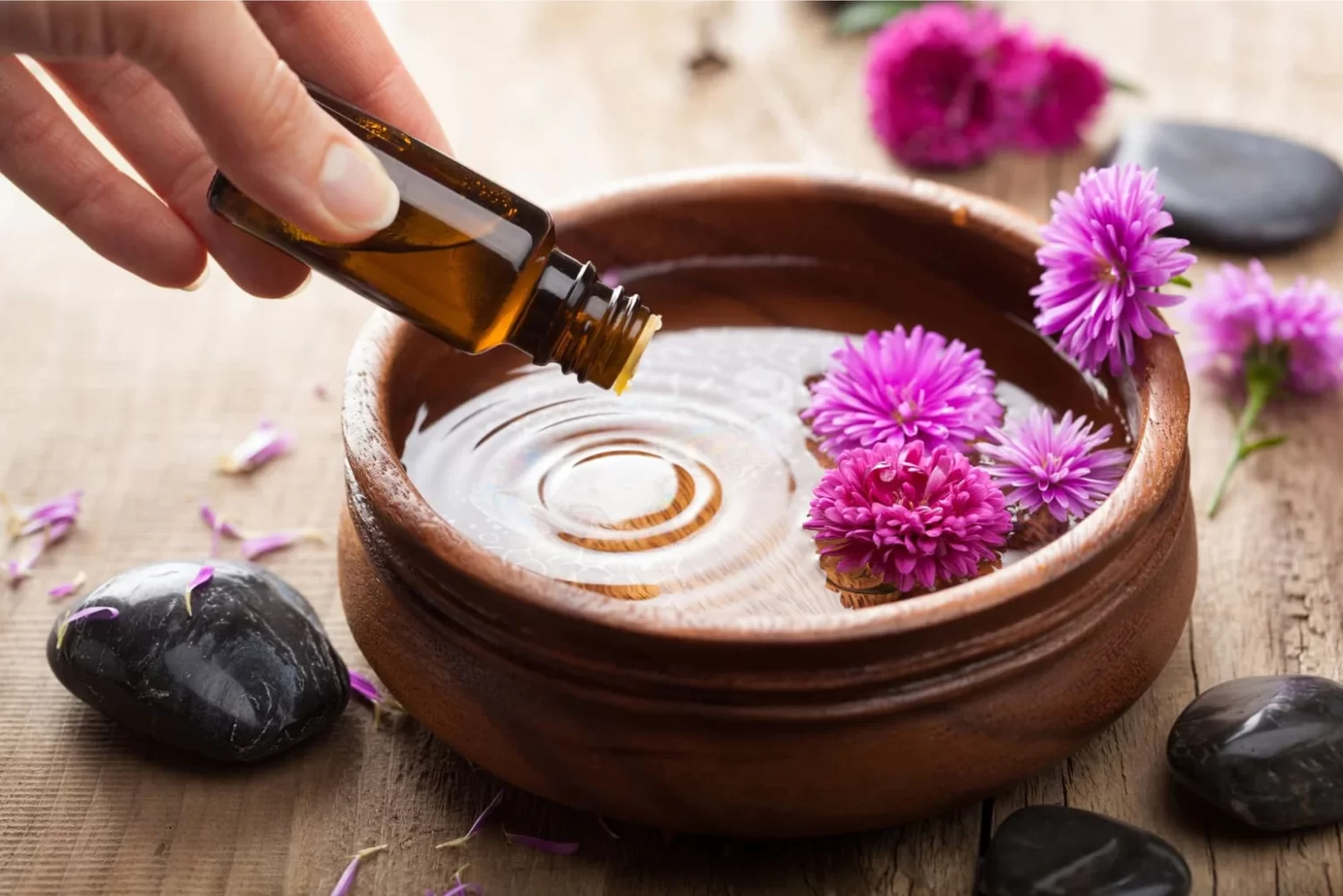
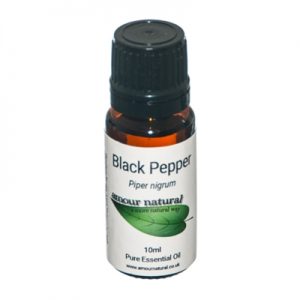
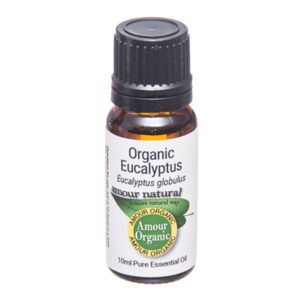
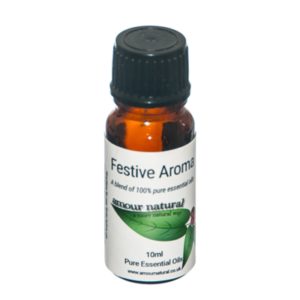
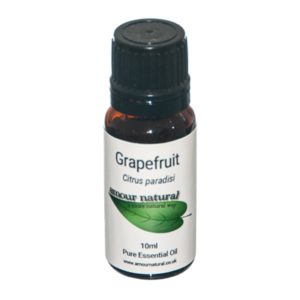
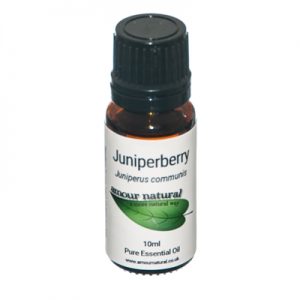
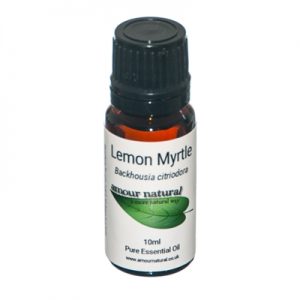
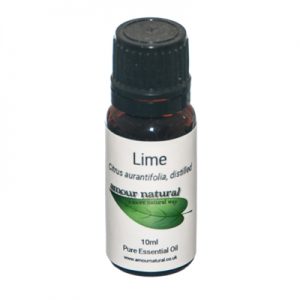
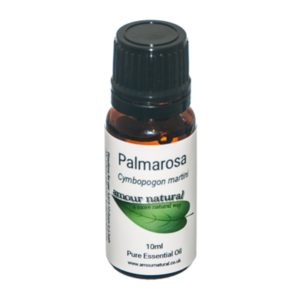




Reviews
There are no reviews yet.